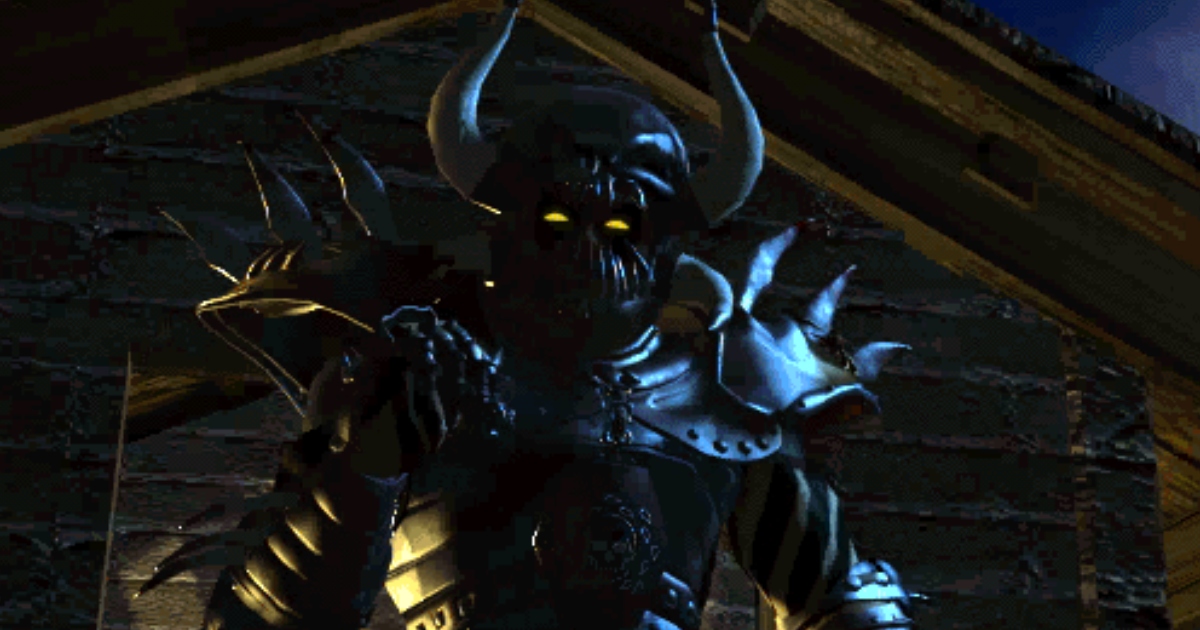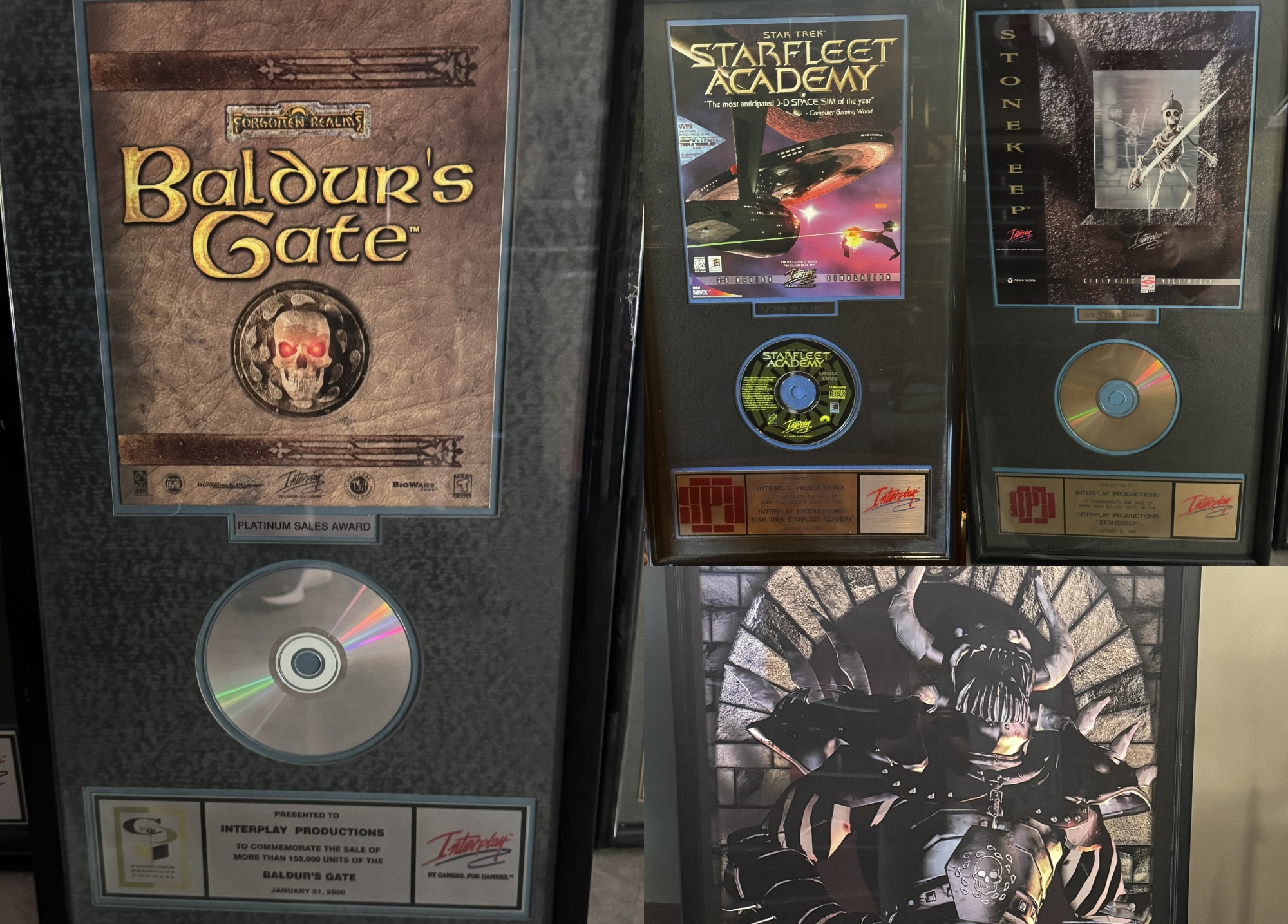Prominent game developer Brian Fargo has managed to get his memorabilia from the good old times of Interplay Entertainment. Some of these relics show how the games industry has changed since the 1990s.

Baldur’s Gate (1998)
Last month, Fargo shared pictures of various posters and plaques for games developed or published by Interplay (thanks, PC Gamer). “I finally managed to buy my old Interplay memorabilia and it’s a treasure trove,” he said.
I spoke with my friend at Bethesda today and apparently this poster is quite rare. It was for a tradeshow and some advertising in the DC area and not made for consumer.
Has anyone else seen this in the wild? pic.twitter.com/wcDU3K80Mr
— Brian Fargo (@BrianFargo) August 9, 2024
At the time, the Software Publishers Association (SPA) awarded games for reaching certain sales milestones, similar to how the RIAA and other organizations certify songs and albums. Fargo noted that the SPA “had a glitzy black tie affair to give out game awards and sales plaques.”
His collection includes plaques for the following titles:
- Fallout (1991) — over 50,00 units sold (Silver Award);
- Stonekeep (1995) — over 100,000 units sold as of October 12, 1996 (Gold Award);
- Battle Chess (1988) — over 100,000 units sold as of August 20, 1990 (Gold Award);
- Descent (1994) — over 100,000 units sold as of December 11, 1996 (Gold Award);
- Baldur’s Gate (1998) — over 150,000 units sold as of January 31, 2000 (Platinum Award);
- Star Trek: Starfleet Academy (1997) — over 250,000 units sold as of January 14, 1998 (Platinum Award);
- Mario Teaches Typing (1991) — over 250,000 units sold as of October 15, 1993 (Platinum Award).

Image credit: Brian Fargo
While some of these games are now referred to as classics, their sales figures don’t compare to what today’s major publishers would consider a commercially successful release. “Back in the day, you’d get an award for selling [50,000] or 100,000 units, now it’s the end of your career,” Fargo ironically wrote.
As an indie developer and depending on your game’s budget, you can still be happy with 50-100k units in today’s market. However, the other side of the industry — let’s call it the AA-AAA segment for simplicity — has changed dramatically over the past 20-30 days.
Everything has gotten bigger: scale, teams, development/marketing costs. If Baldur’s Gate 3 had sold 100k copies at launch (like the very first game), it would have been far from enough for Larian to break even.
Back in the day, you’d get an award for selling 50 or 100,000 units, now it’s the end of your career. 😆 pic.twitter.com/FfFmxcPT6Q
— Brian Fargo (@BrianFargo) July 31, 2024
Over a career spanning 40+ years, Brian Fargo has seen the games industry from every angle and in every aspect. In 1983, he co-founded Interplay Entertainment, contributing to developing and/or publishing many RPGs like Wasteland, The Bard’s Tale, Neuromancer, The Lost Vikings, Fallout, Planescape: Torment, and Icewind Dale.
Fargo started a new studio, inXile Entertainment, in 2002. The company, which was acquired by Microsoft in 2018, is known for games like Wasteland 2-3 and Torment: Tides of Numenera. Right now, inXile is working on steampunk RPG Clockwork Revolution.
